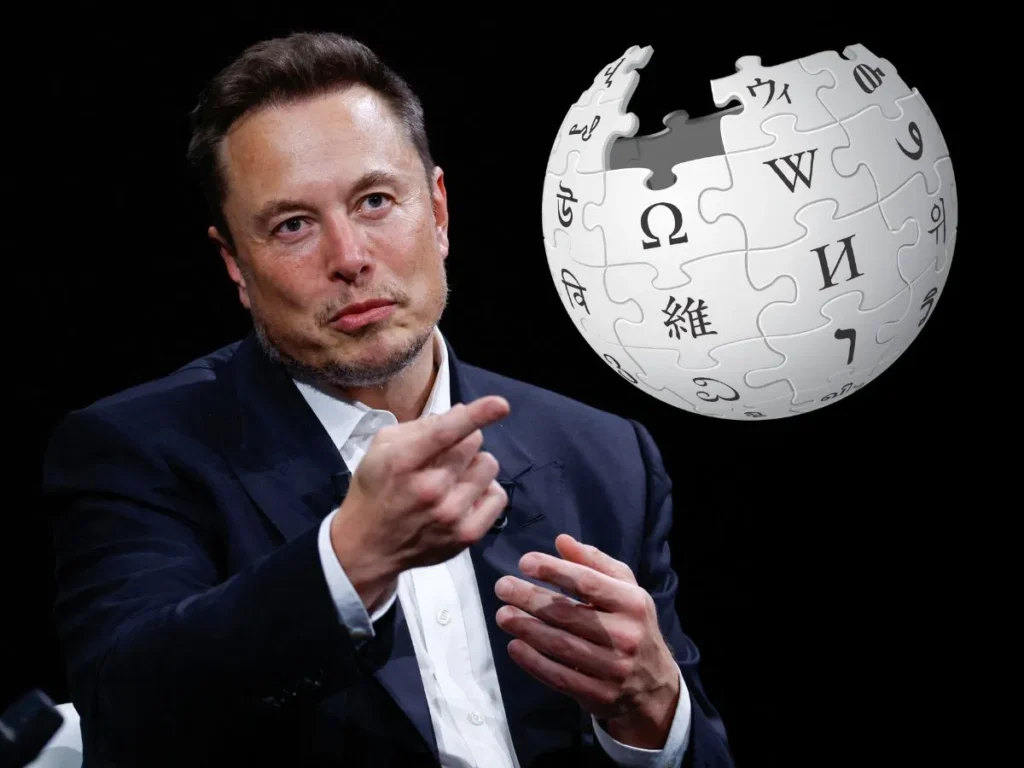
Elon Musk and Wikipedia
Overview of Elon Musk’s Career and Achievements
Elon Musk is undeniably one of the most influential innovators of our time. With his relentless ambition and visionary mindset, he has reshaped several industries, proving that the boundaries of technology can be pushed ever further. Born in South Africa in 1971, Musk moved to the United States to attend the University of Pennsylvania, where he earned dual degrees in Physics and Economics. His journey began with the founding of Zip2, a city guide software company, which he sold for nearly $300 million. But he didn’t stop there. Musk went on to create X.com, which later became PayPal and was acquired for $1.5 billion. However, it’s his ventures in space and electric vehicles that have cemented his legacy. Here are a few milestones from Musk’s illustrious career:
- SpaceX (2002): Revolutionized space travel with reusable rockets.
- Tesla, Inc. (2004): Accelerated the adoption of electric vehicles, making sustainability both trendy and accessible.
- SolarCity (2006): Launched one of the largest solar energy companies in the U.S.
- Neuralink (2016): Pushing the boundaries of human-computer interface technology.
- The Boring Company (2016): Tackling urban transport issues with underground tunnels.
Each of these achievements showcases Musk’s unique ability to merge entrepreneurship with a passion for scientific advancement.
Introduction to Wikipedia and Its Significance
Now, shifting gears to the platform that has become an indispensable resource in the digital age: Wikipedia. Launched in 2001, Wikipedia is a free, web-based encyclopedia that provides a vast repository of knowledge, edited and updated continuously by volunteers worldwide. Why is Wikipedia significant?
- Access to Information: It democratizes access to information across the globe.
- Collaborative Learning: Any individual can contribute, ensuring a variety of perspectives.
- Cultural Preservation: It records historical events and various cultural narratives for future generations.
Data from the digital marketing platform Semrush indicates that in November 2024, Wikipedia ranked as the fourth-most-visited website globally, attracting approximately 6.7 billion visits each month.Its widespread use, along with its role in offering information on prominent political figures and events, contributes to its significant influence.
Elon Musk’s Criticisms of Wikipedia
Misinformation Concerns
Despite the noble intentions behind Wikipedia, Elon Musk has voiced his concerns regarding misinformation on the platform. He has pointed out that articles, particularly those concerning him and his various ventures, can sometimes present skewed or inaccurate depictions. Musk’s frustrations stem from the fact that due to the open nature of Wikipedia, anyone can edit content—sometimes without sufficient verification.
Elon Musk has encouraged his followers to refrain from donating to Wikipedia, calling it “Wokepedia,” until they “reestablish balance in their editing policies.”
Wikipedia has been repeatedly criticized for partiality by individuals across the entire political spectrum. In an article published in July 2018 in “The Guardian”, critics have claimed that Wikipedia exhibits a “male-dominated, pro-western perspective.
Edit Wars and Bias Allegations
In addition to concerns about misinformation, Musk has also faced what is known as “edit wars” on Wikipedia. These are conflicts where multiple editors continuously change an article back and forth, often resulting in a lack of consensus and a distorted representation of facts:
- Polarization: Differing opinions can clash dramatically, casting a negative light.
- Stability of Content: Frequent changes can lead to confusion for readers who are seeking factual information.
In January 2024, David Rozado, an associate professor of computational science at Otago Polytechnic in New Zealand, released a study revealing that “Wikipedia was more likely to depict right-leaning individuals in a negative light compared to their left-leaning counterparts.”
For this research, Rozado analyzed Wikipedia’s references to hundreds of politicians, journalists, and more, while also assessing “the average sentiment related to 1,628 politically charged terms”.